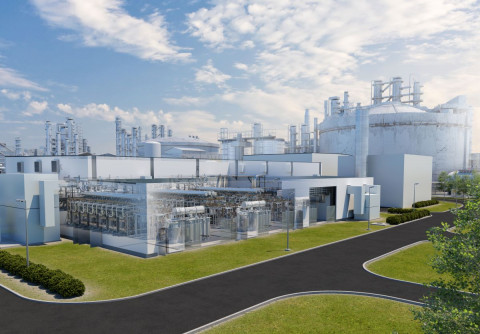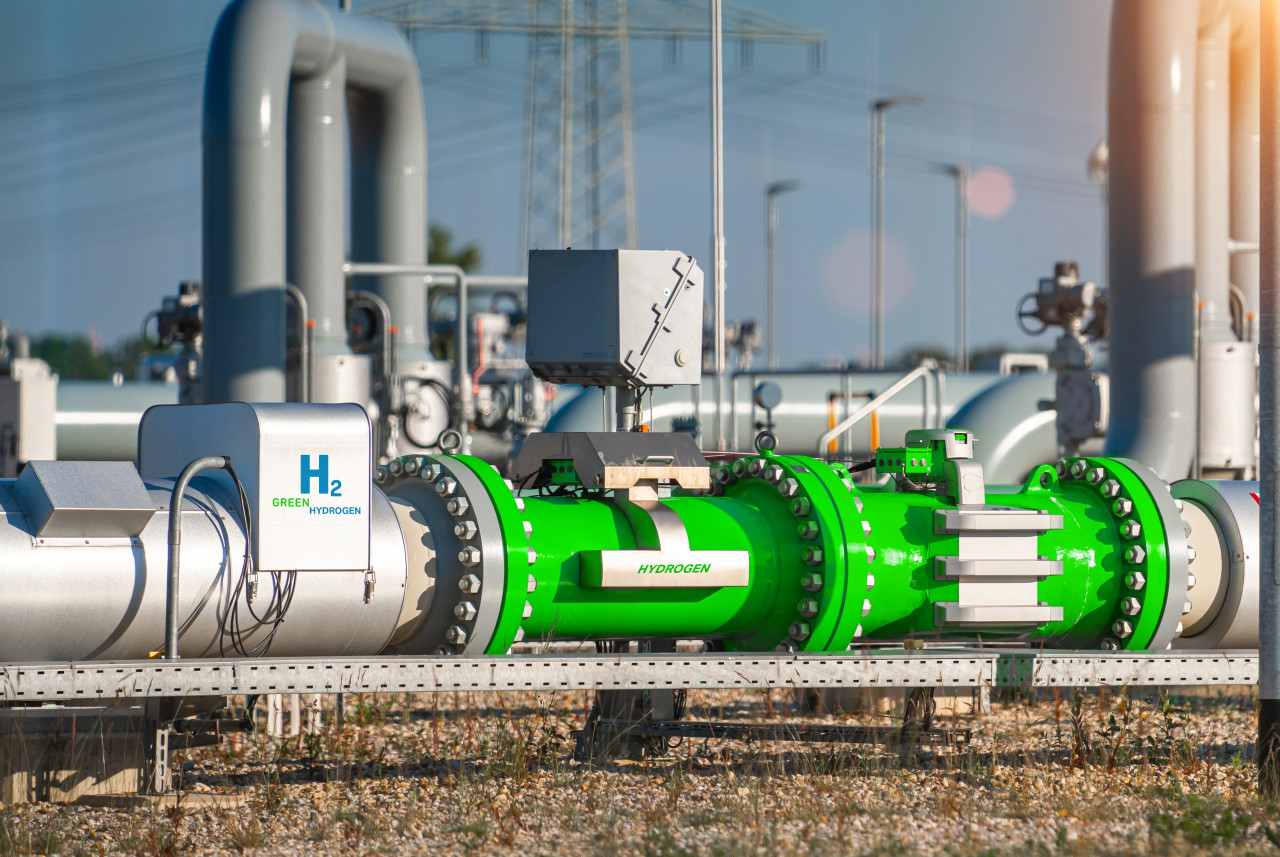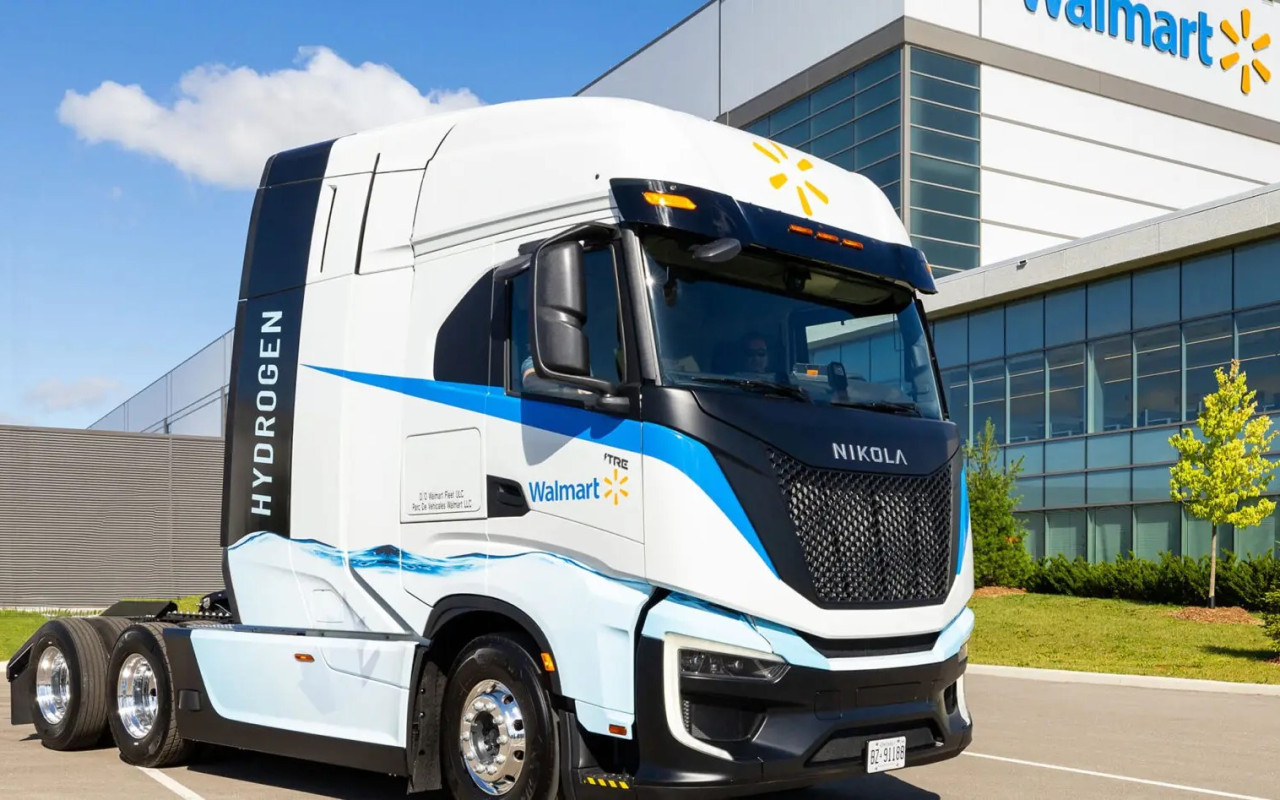Egypt launches 55% tax credit to boost green hydrogen production
Egypt has announced a slew of tax incentives for green hydrogen projects, including a credit for between 33 percent and 55 percent of the tax developers have paid on green hydrogen projects, in a bid to spur development of the fuel.
The legislation was signed into law by President Abdel Fattah El-Sisi and would have a direct bearing on green hydrogen projects in the African nation. Media reports indicate Egypt has a pipeline of 32 green hydrogen projects with a combined investment of $175 billion. These could supply the country with ~3.2 million tonnes of green hydrogen a year by 2030 and ~9.2 million tonnes by 2040. However, many of these are either awaiting final investment decision or yet to start construction.
RELATED: Middle East-North Africa's energy transition in top gear
The new rules allow companies to claim VAT exemptions on equipment, tools, machines, raw materials and transport — excluding passenger cars — that were used for project development purpose. Exemptions can also be claimed on exports of renewable hydrogen and its derivatives.
Additionally, green hydrogen producers have been granted authority to export products and import materials without undertaking a licence or undergoing registration. Both functions can be performed directly or via an intermediary.
For up to 10 years after signing their project agreements with the government, developers can also avail a 30 percent discount on fees paid at seaports, for maritime transport and ship servicing; 25 percent discount on the value of industrial land rights; and 20 percent discount on the value of land rights for storage at ports.
In return, developers must meet the following conditions:
- Secure 70 percent of the project investment cost from outside Egypt.
- Operations must start within five years of concluding agreements.
- Source a minimum of 20 percent of components locally and use locally-made components whenever available.
- Limit employment of foreign workers to a maximum of 30 percent of total workforce for up to 10 years after project approval.























